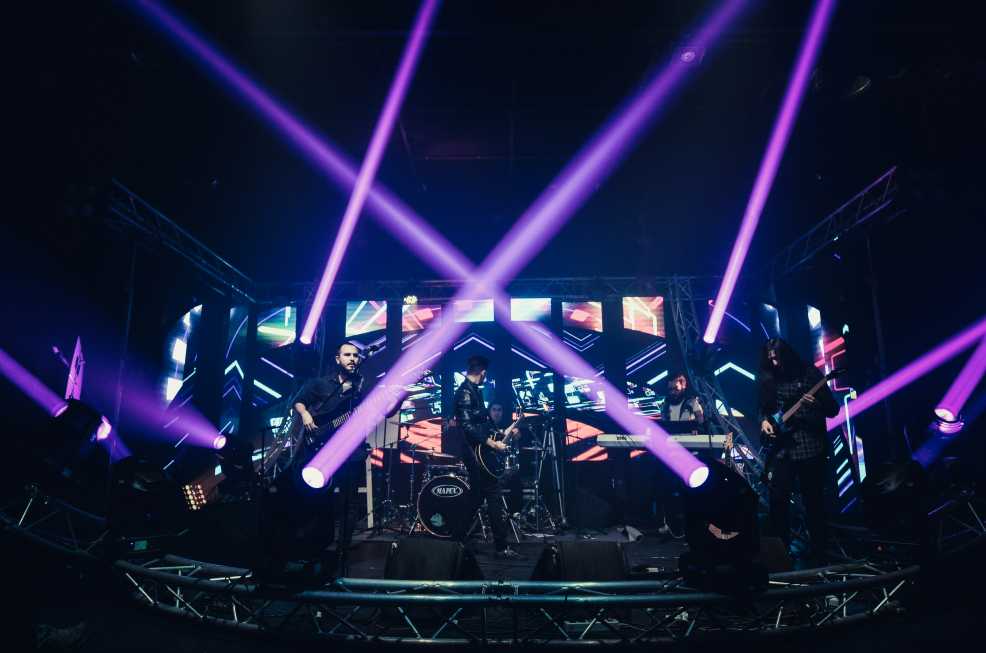Magic and deception have long been intertwined in human history, with magicians and illusionists using their skills to entertain and amaze audiences around the world. However, the ethics of magic and deception have been a topic of debate for centuries, with some arguing that deception is inherently wrong, while others argue that it is a necessary part of the art form.
One of the key ethical considerations when it comes to magic and deception is the idea of informed consent. In a magic show, the audience is willingly suspending their disbelief in order to be entertained and amazed by the magician’s tricks. However, if the magician were to deceive the audience in a way that caused harm or distress, it could be seen as a violation of their trust.
For example, if a magician were to perform a dangerous stunt without the audience’s knowledge or consent, it could put them at risk and potentially cause harm. In this case, the magician would be crossing a line from entertainment into coercion and manipulation, which would be unethical.
Another ethical consideration when it comes to magic and deception is the impact it can have on the audience’s perception of reality. Magicians use a combination of sleight of hand, misdirection, and other techniques to create the illusion of magic, which can be both entertaining and mind-boggling. However, if the audience were to believe that the magician’s tricks were real and not just clever illusions, it could have a negative impact on their understanding of reality.
This is where the ethical responsibility of the magician comes into play. It is important for magicians to make it clear to their audience that what they are seeing is a performance, and not actual magic. By doing so, magicians can ensure that their audience is able to enjoy the show without having their perceptions of reality distorted.
Ultimately, the ethics of magic and deception come down to the intentions of the magician. If the magician’s goal is to entertain and amaze their audience in a way that is safe and respectful, then their use of deception can be seen as ethical. However, if the magician were to use deception in a way that causes harm or distress to their audience, then it would be considered unethical.
In conclusion, the ethics of magic and deception are complex and nuanced, with many factors to consider. By ensuring that their audience is informed and consenting to the tricks being performed, magicians can continue to entertain and amaze audiences around the world while upholding ethical standards in their craft.
For more information visit:
Drew Thomas Magic
https://www.drewthomasmagicwowshow.com/
4074600068
www.drewthomasmagicwowshow.com
Step right up and prepare to be amazed by the incredible magic of Drew Thomas, an America’s Got Talent finalist! Get ready to experience a show like no other, filled with mind-blowing tricks, illusions, and entertainment that will leave you in awe. Visit drewthomasmagicwowshow.com to witness the magic for yourself and be part of an unforgettable experience.
![]()
![]()
![]()
![]() For more information on magic show magic contact us anytime:
For more information on magic show magic contact us anytime:
Drew Thomas Magic
https://www.drewthomasmagicwowshow.com/
4074600068
www.drewthomasmagicwowshow.com
Step right up and prepare to be amazed by the incredible magic of Drew Thomas, an America’s Got Talent finalist! Get ready to experience a show like no other, filled with mind-blowing tricks, illusions, and entertainment that will leave you in awe. Visit drewthomasmagicwowshow.com to witness the magic for yourself and be part of an unforgettable experience.

